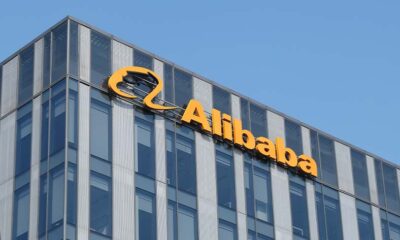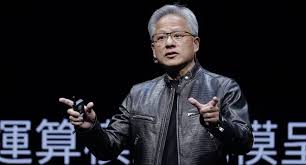Tech
Bitcoin and Ether Plunge as Trump’s Tariffs Spark Global Market Jitters

Cryptocurrencies took a sharp hit after President Donald Trump imposed sweeping tariffs on Canada, Mexico, and China, triggering a global risk-off sentiment among investors.
Bitcoin dropped 2% on Monday to $95,722.77, after trading above $102,000 over the weekend, according to Coin Metrics. Meanwhile, the U.S. dollar index, which typically moves inversely to Bitcoin, climbed by nearly 1%.
The impact was even more severe on other digital assets. Ether (ETH) plunged 12% to around $2,600, down from $3,300 on Friday. The CoinDesk 20 index, a broader measure of the crypto market, sank 16% since Saturday, compared to Bitcoin’s 6% decline.
Shares of crypto-related companies were also affected, with Coinbase and MicroStrategy each losing about 5% in premarket trading.
Market Braces for More Volatility
The sell-off began Saturday evening, just hours after Trump signed an executive order slapping a 25% tariff on imports from Mexico and Canada and a 10% tariff on China. The U.S. conducts about $1.6 trillion in trade with these three countries, raising fears of a potential trade war.
According to James Davies, CEO of Crypto Valley Exchange, traders are unwinding leveraged positions as uncertainty looms. “Bulls are de-leveraging massively right now, watching closely to see if this escalates into a full-blown trade war.”
Bitcoin’s immediate support level is at $90,000, with analysts warning that a break below this level could trigger a steeper pullback to $80,000.
Could Tariffs Boost Bitcoin in the Long Run?
Despite the current market turmoil, some investors believe a prolonged tariff war could benefit Bitcoin in the long run. Jeff Park, Bitwise Asset Management’s head of alpha strategies, argues that an extended trade war could weaken the U.S. dollar and lead to lower interest rates, which might push Bitcoin higher over time.
“While Bitcoin is seen as a hedge against inflation and uncertainty in the long run, it still trades like a risk asset in the short term,” said Geoff Kendrick, an analyst at Standard Chartered. He warned that Bitcoin may experience further volatility this month, especially if economic concerns push investors away from risky assets.
With Bitcoin now about 12% off its all-time high of $109,350 set on Jan. 20, seasoned investors remain watchful. Crypto markets have historically endured corrections of 30% or more during bull markets, meaning that traders are bracing for further turbulence in the days ahead.
Tech
X to stop Grok AI from undressing images of real people
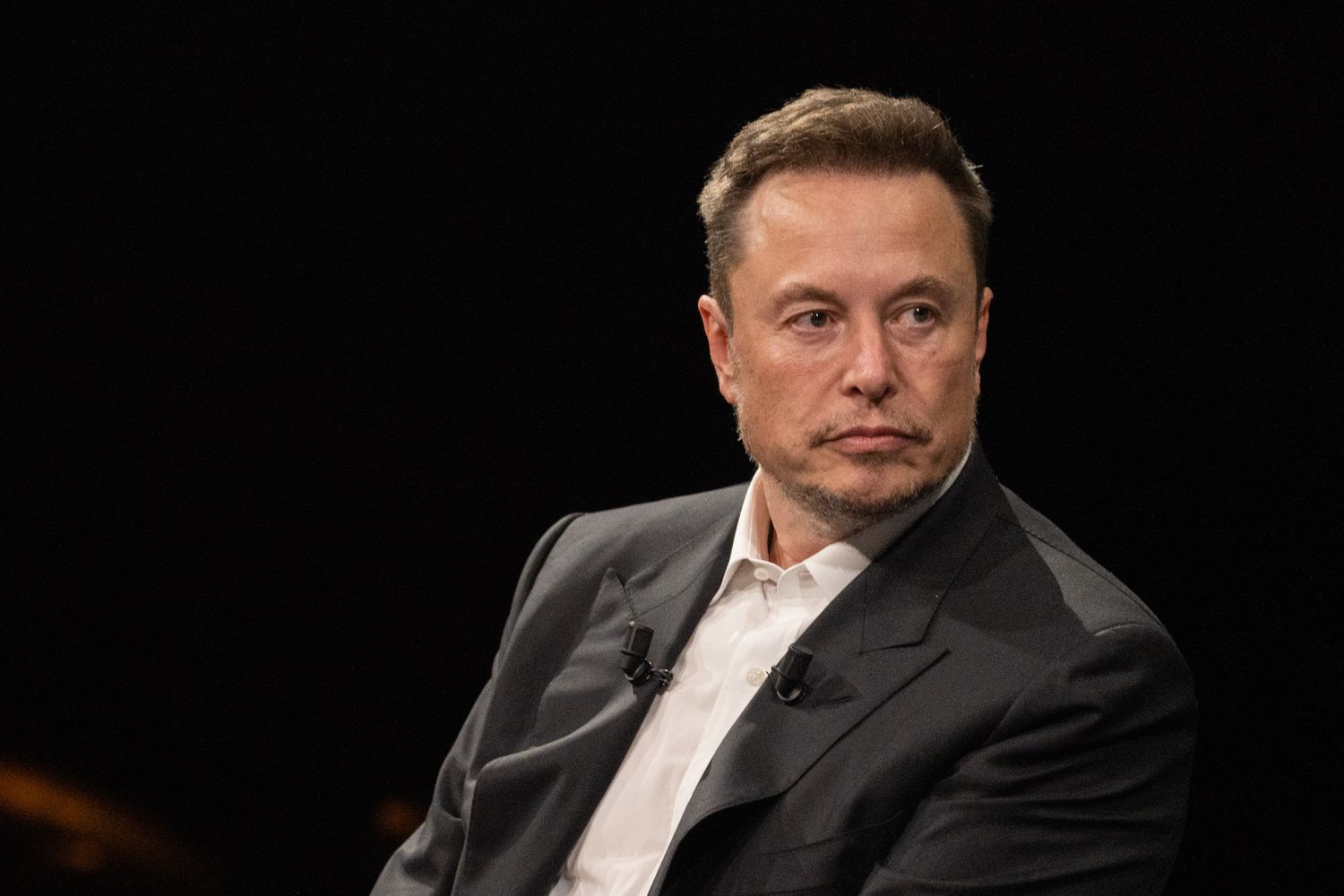
X has announced that its artificial intelligence tool, Grok, will no longer be able to edit images of real people to depict them in revealing clothing in jurisdictions where such activity is illegal, following widespread backlash over the misuse of sexualised AI deepfakes.
In a statement published on the platform, X said it had introduced new safeguards to prevent the Grok account from being used to manipulate photos of real individuals in a sexualised manner. “We have implemented technological measures to prevent the Grok account from allowing the editing of images of real people in revealing clothing,” the company said.
The move has been welcomed by UK authorities, who had previously raised concerns about the tool’s use. The UK government described the decision as a “vindication” of its calls for X to take stronger action to control Grok. Media regulator Ofcom also said the change was a “welcome development”, while stressing that its investigation into whether the platform breached UK laws is still under way.
“We are working round the clock to progress this and get answers into what went wrong and what’s being done to fix it,” Ofcom said, signalling continued scrutiny despite the latest measures.
Technology Secretary Liz Kendall welcomed X’s announcement but emphasised the need for accountability. She said she would “expect the facts to be fully and robustly established by Ofcom’s ongoing investigation”, underlining the government’s commitment to ensuring online safety rules are upheld.
However, campaigners and victims of AI-generated sexualised images say the decision has come after significant harm had already been caused. Journalist and campaigner Jess Davies, who was among women whose images were edited using Grok, described the changes as a “positive step” but said the feature should never have been permitted in the first place.
Tech
Alibaba Opens AI Video Generation Model for Free Use Globally
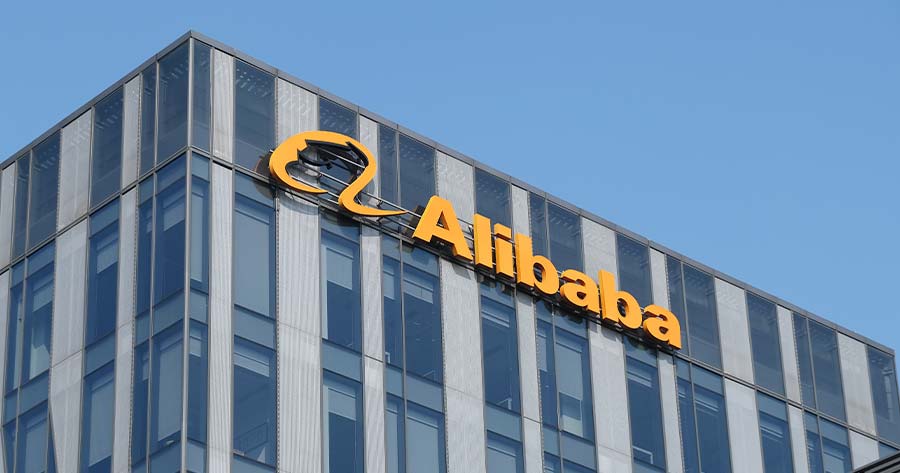
Chinese tech giant Alibaba has made its latest AI video generation models freely available worldwide, intensifying competition with rivals such as OpenAI.
The company announced on Wednesday that it is open-sourcing four models from its Wan2.1 series, its most advanced AI model capable of generating images and videos from text and image inputs. These models will be accessible via Alibaba Cloud’s Model Scope and Hugging Face, making them available to academics, researchers, and businesses globally.
Following the announcement, Alibaba’s Hong Kong-listed shares surged nearly 5%, continuing a strong rally that has seen the stock gain 66% in 2025. Investors have been optimistic about the company’s growing role in AI and its improving financial performance, buoyed by recent policy signals from Chinese President Xi Jinping supporting the domestic private sector.
Alibaba’s move aligns with a broader trend in China, where companies are increasingly embracing open-source AI. In January, DeepSeek, another Chinese firm, shook global markets by revealing that its AI model was trained at a fraction of the cost of competitors, using less-advanced Nvidia chips. Both Alibaba’s and DeepSeek’s models are open-source, meaning they can be downloaded and modified freely, unlike proprietary AI models such as those developed by OpenAI, which generate direct revenue.
The shift towards open-source AI has sparked debate over whether AI models will become commoditized. While companies like Meta are leading the open-source push in the U.S. with their Llama models, Chinese firms have been particularly aggressive in this space, aiming to drive innovation and build global AI communities.
Tech
VP JD Vance Pledges to Protect U.S. AI and Block Its Weaponization

Vice President JD Vance reaffirmed the U.S. commitment to safeguarding its artificial intelligence and semiconductor technologies, vowing to block efforts by authoritarian regimes to weaponize them.
Speaking at France’s AI Action Summit in Paris, Vance warned that some nations have exploited AI for military intelligence, surveillance, and foreign data manipulation. “This administration will block such efforts, full stop,” he stated. “We will safeguard American AI and chip technologies from theft and misuse, work with our allies and partners to strengthen and extend these protections, and close pathways to adversaries attaining AI capabilities that threaten all of our people.”
While he did not directly name China’s AI model DeepSeek, which has drawn global attention for its competitive performance at a lower cost, Vance criticized heavily subsidized technologies exported by authoritarian states. “We’re all familiar with cheap tech in the marketplace that’s been heavily subsidized and exported by authoritarian regimes,” he said.
In a pointed message to allies, Vance cautioned against collaborating with companies linked to such regimes, arguing it would compromise national security. “Chaining your nation to an authoritarian master that seeks to infiltrate, dig in, and seize your information infrastructure never pays off,” he added.
The U.S. has ramped up efforts to control AI development and chip manufacturing, tightening restrictions on exports to China and strengthening alliances in the tech sector.
-

 Sports6 days ago
Sports6 days agoMane’s Decisive Strike Sends Senegal into Another AFCON Final as Egypt Exit
-

 News1 week ago
News1 week agoTrump tells Iranians to keep protesting, says help is on its way.
-

 Sports1 week ago
Sports1 week agoCarrick Returns to Steady Manchester United as Caretaker Head Coach
-

 News6 days ago
News6 days agoAt least 28 killed after crane collapses on train in Thailand
-
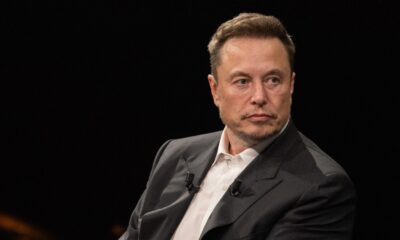
 Tech5 days ago
Tech5 days agoX to stop Grok AI from undressing images of real people
-

 Sports5 days ago
Sports5 days agoEto’o handed ban for misconduct at Afcon
-

 News5 days ago
News5 days agoIran Judiciary Rejects Execution Claims as Officials Signal Easing of Tensions Over Protest Arrests
-

 News5 days ago
News5 days agoRobert Jenrick sacked by Tories for plotting to defect

